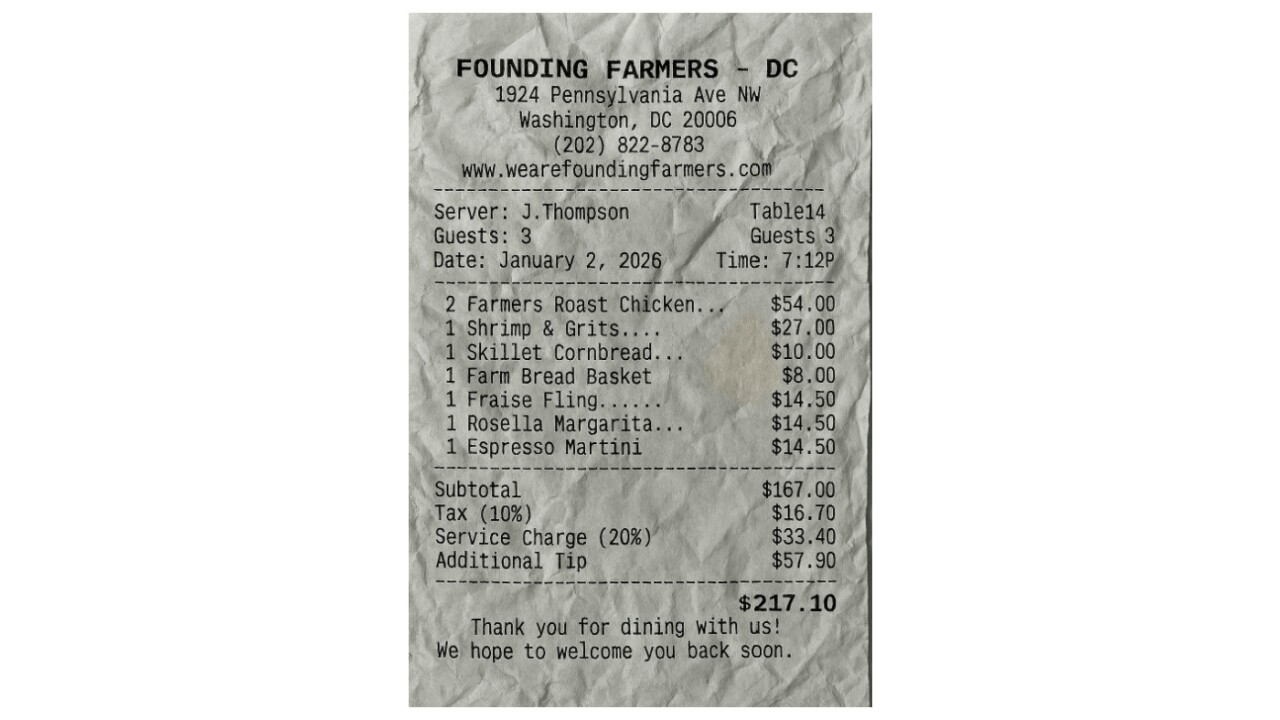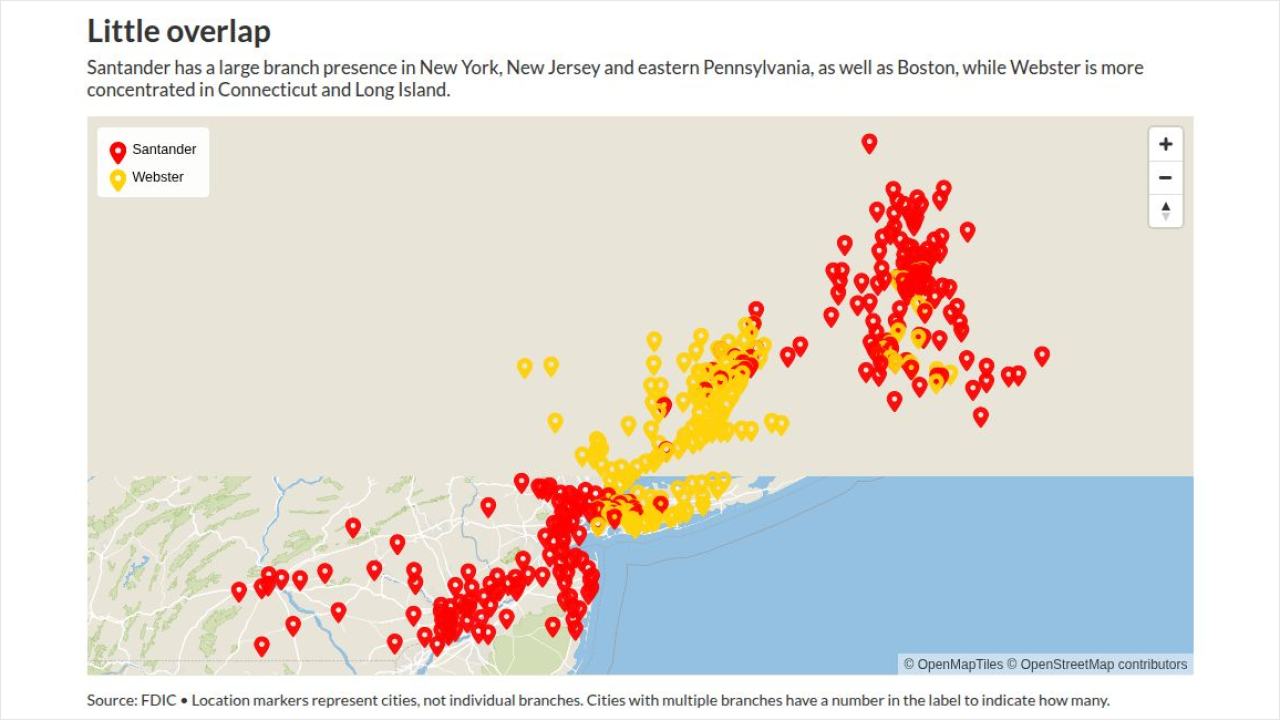-
BB&T, Webster and TCF announce redemption plans and other regionals are likely to follow in advance of new capital rules that take effect Jan. 1.
June 19

A growing number of regional and community banks are selling a certain type of preferred stock to raise capital.
The trend could accelerate as interest rates remain low and as investors get comfortable with buying noncumulative perpetual preferred stock, industry experts say. Funds could help banks boost Tier 1 capital and pay for acquisitions.
Changing capital rules are forcing "a lot of adjustments" at banks, says Brady Gailey, an analyst at Keefe, Bruyette & Woods. As banks purge trust preferred stock "capital ratios need to be a little higher."
So far this year, there have been roughly 21 preferred-share offerings have raised about $1.6 billion, says Mark Fitzgibbon, an analyst at Sandler O'Neill. Proposed Basel III requirements would let noncumulative perpetual preferred shares count toward a portion of Tier 1 capital, Gailey says.
Banks also need capital to replace trust-preferred stock, which is
Noncumulative perpetual preferred stock does not penalize issuers for missed dividend payments. And the prices that issuers can demand are making the securities "an interesting piece of replacement capital," says John Moran, an analyst at Macquarie.
Retail investors searching for higher yields largely make up the buyer pool, says Tommy Adams, treasurer at First Horizon National (FHN) in Memphis, Tenn. Many banks opt to sell depositary shares, which represent a share of a preferred security, providing a lower-cost option for retail investors.
This makes for a more-attractive investment, says Chip MacDonald, a partner at Jones Day. "It's hard to find yield …so it's a good time to issue instruments that have a yield on them," he says.
Replacing trust-preferred securities contributed to First Horizon's decision to raise $100 million by selling depositary shares, Adams says. The $25.5 billion-asset company has trust preferreds that are being phased out over the next four years and preferred stock was a lower cost substitute than common equity, Adams says.
Large and midsize banks account for most offerings. Smaller banks have been slower to follow suit, but that is likely to change as "issuers get comfortable with the structure and as investor appetite grows," Fitzgibbon says.
When EverBank Financial (EVER)
The Jacksonville, Fla., company
The cost of capital was attractive for EverBank compared to selling common stock and did not dilute value for those who already owned common shares, Surface says. EverBank
Cullen/Frost Bankers (CFR) in San Antonio sold $150 million in noncumulative perpetual preferred stock on Feb. 12. The $23.1 billion-asset company will use proceeds to buy back common stock. It has completed about 80% of the repurchases, says Phillip Green, the company's chief financial officer.
Cullen/Frost's Tier 1 capital will not increase as a result of the recent offering. Instead, it is swapping out more-expensive common shares with a lower-cost option. "The preferred markets are at historically low rates so it was particularly advantageous," Green says.
Such factors could make noncumulative perpetual preferred stock more attractive for funding acquisitions, allowing consolidators to complete deals while remaining well capitalized and without diluting common shares, MacDonald says.
FirstMerit (FMER) in Akron, Ohio,
FirstMerit
There is little risk to issuing preferred stock, though it is best-suited for profitable banks that are well managed and have excess capital, which should help issuers sell shares cheaply, Gailey says. Still, he says that community banks must make sure that they have a purpose for the capital in advance. Also, smaller banks are likely to relinquish some pricing advantage, reducing an offering's overall attractiveness, industry experts say.
"If interest rates rise …the benefits would become diminished," Moran adds. "And some banks may not be able to get the same favorable pricing as others."





